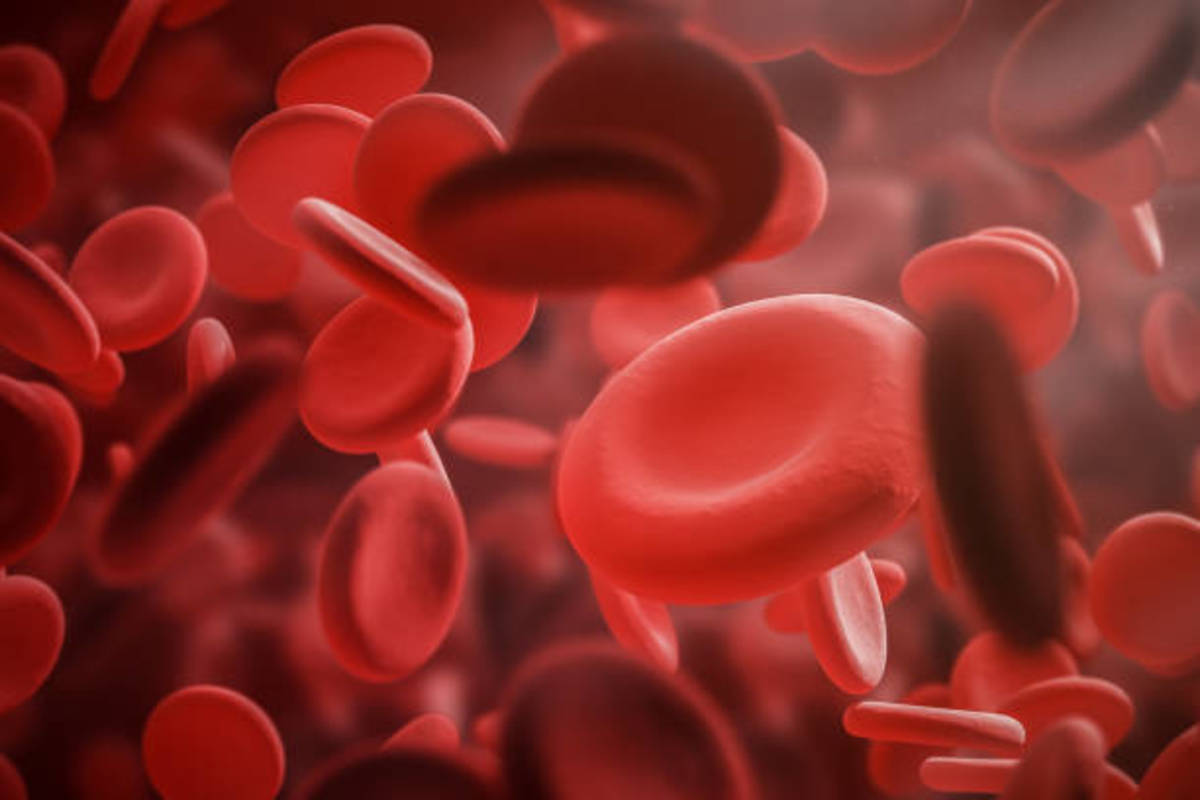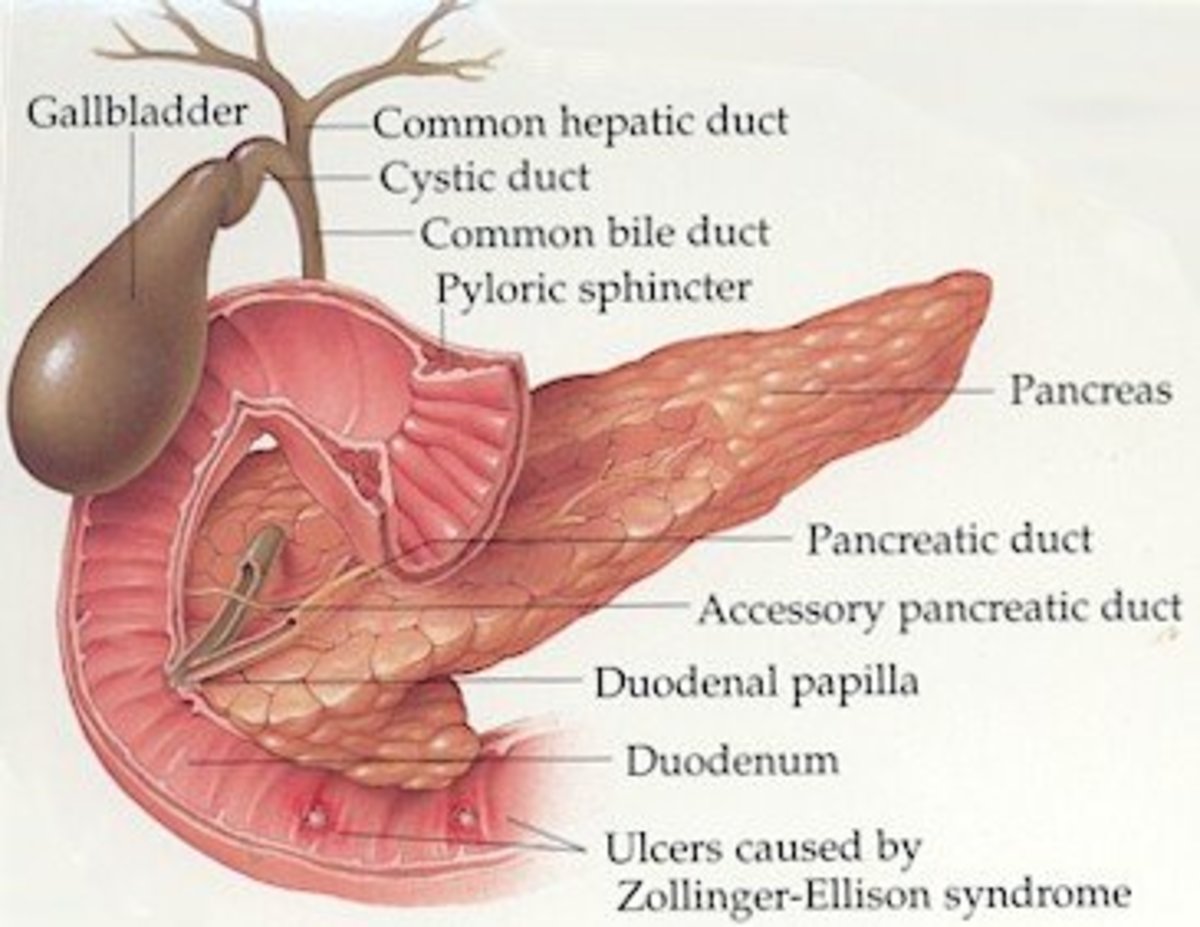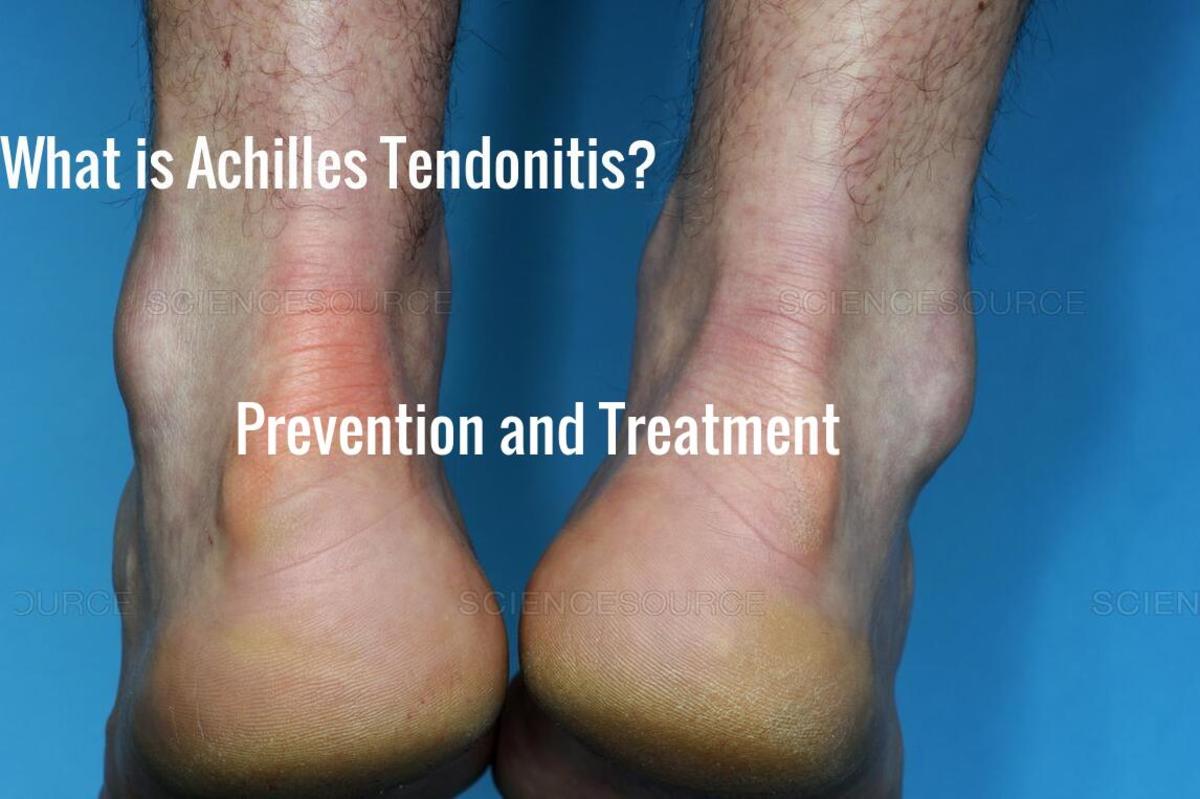Thyroid Disorders and Symptoms: Goiter Treatment and Causes

Functions of the Thyroid Gland: Thyroxine and Thyroid
The thyroid is a butterfly-shaped endocrinal gland, located at the bottom of the neck. The thyroid performs important functions - controlling the body's basal metabolic rate and regulating the production of certain hormones by the other endocrine glands.
Thyroxine is the primary hormone released by the thyroid gland which controls the metabolic rate of the body, whilst also acting as a stimulating hormone for other endocrinal glands of the body. An abnormality of the thryoid gland can result in an increase or decrease in the production of the hormone thyroxin.
Sometimes, the thyroid tends to become larger than normal, thus resulting in the development of goiter.Goiter is often associated with reduction in the production of the thyroixine hormone.
What is Goiter?: Thyroid Problems
Goiter is by and large a painless condition, but, an enlarged thyroid may cause some trouble while swallowing or breathing; and coughing.
The most common etiological factor for the development of goiter is a shortage of dietary iodine. An under-functioning or over-functioning thyroid gland is also known to cause goiter. The treatment regimen depends on the size of the goiter, the signs and symptoms and the precise cause.
Goiter Causes: What Causes Thyroid Problems
There are a host of factors that may result in the result in enlargement of the thyroid gland resulting in goiter,
- Iodine deficiency: the key factor responsible for the occurrence of goiter is an insufficiency of iodine in the diet. Pathologically, the gland becomes big to acquire more iodine. What’s more, foods, such as, cabbage, broccoli and cauliflower act as goitrogens and influence the amount of iodine absorbed, thus, triggering goiter too.
- Hashimoto's disease: is an auto-immune disease, which triggers hypothyroidism. The gland gets impaired, and tends to produce reduced amounts of the thyroid hormones. Levels of hormones T3 and T4 make the pituitary secrete more of the hormone TSH in order to stimulate the thyroid, this in turn, enlarges the gland.
- Graves' disease: an auto-immune disorder is known to cause hyperthyroidism or raised synthesis of the thyroid hormone. Graves' disease is characterized by the production of anti-bodies by the immune system, which mistakenly assault the thyroid gland, and make it secrete larger amounts of the thyroxine (T4) hormone. This over-arousal makes the thyroid big.
- Nodules: single or multiple nodules (multinodular goiter) in the thyroid gland are significant causes for goiter. Most nodules are benign and do not turn cancerous.
- Thyroid cancer: carcinoma results in swelling of the thyroid.
- Pregnancy: during pregnancy, hormone HCG results in an enlargement of the thyroid to some extent.
- Inflammation: of the thyroid gland (thyroiditis) causes pain and swelling.
- Sex: females are more susceptible to goiter.
- Age: the danger of developing goiter increases with advancing age.
- Drugs: medications such as immune-suppressants, anti-retrovirals, etc. augment the chance of developing goiter.
- Radiation exposure: radiotherapy to the neck or chest, or contact with radiation at a nuclear facility raises the peril substantially.
Thyroid Symptoms: Symptoms associated with Goiter
While in most cases, the condition is asymptomatic with only a noticable discernible lump or swelling below the neck. However in some cases the condition may be associated with,
- Hoarseness of voice and coughing
- Throat constriction
- Difficulty in swallowing and breathing
Goitor is more frequently associated with hypothyrodism, but may also be present in individuals with hyperthyroidism. These conditions are often associated with host of other symptoms including,
- Weakness and Tiredness
- Sluggishness and Fatigue
- Obesity or rapid weight loss
- Lack of concentration,
- Menstural irregularities
While goiter or enlarged thyroid gland may not be responsible for these symptoms, in some cases these symptoms may be associated with goiter
Goiter Treatment: Treating Thyroid Problems
Based on the hormone profile and after determining the exact etiological factor responsible for the development of goiter, the doctor will choose a line of treatment which will be most favorable. A multi-disciplinary approach comprising of medications, diet and lifestyle modifications help deal with goiter successfully and most importantly keep recurrences at bay.
- Medications: drugs are prescribed to handle hypothyroidism or hyperthyroidism effectively. The doctor will monitor the dosage of the medicine to sustain a normal thyroid hormone levels.
- Surgery: surgical intervention is recommended when the goiter is huge and in case of thyroid cancer.
- Radio-active iodine: reaches the gland and annihilates the thyroid cells, thereby reducing the size of the thyroid.
- Diet: the diet should provide plenty of iodine; use iodized salt and have foods loaded with iodine. Rich sources of iodine are: sea food, shell fish, shrimp, kelp, prunes, strawberries, tomatoes, oats and celery.








